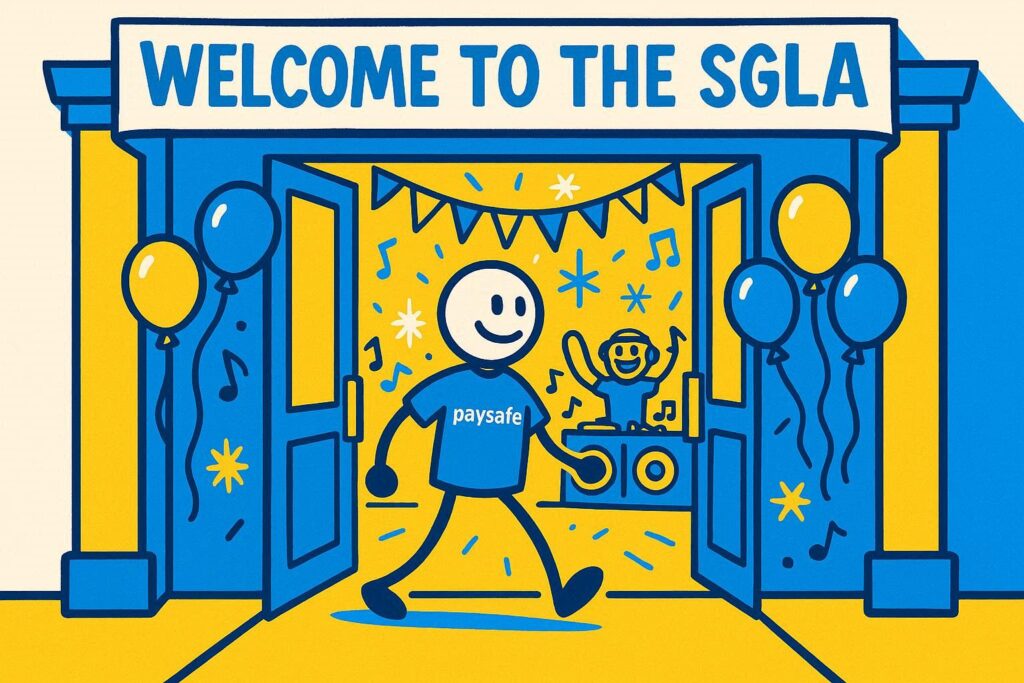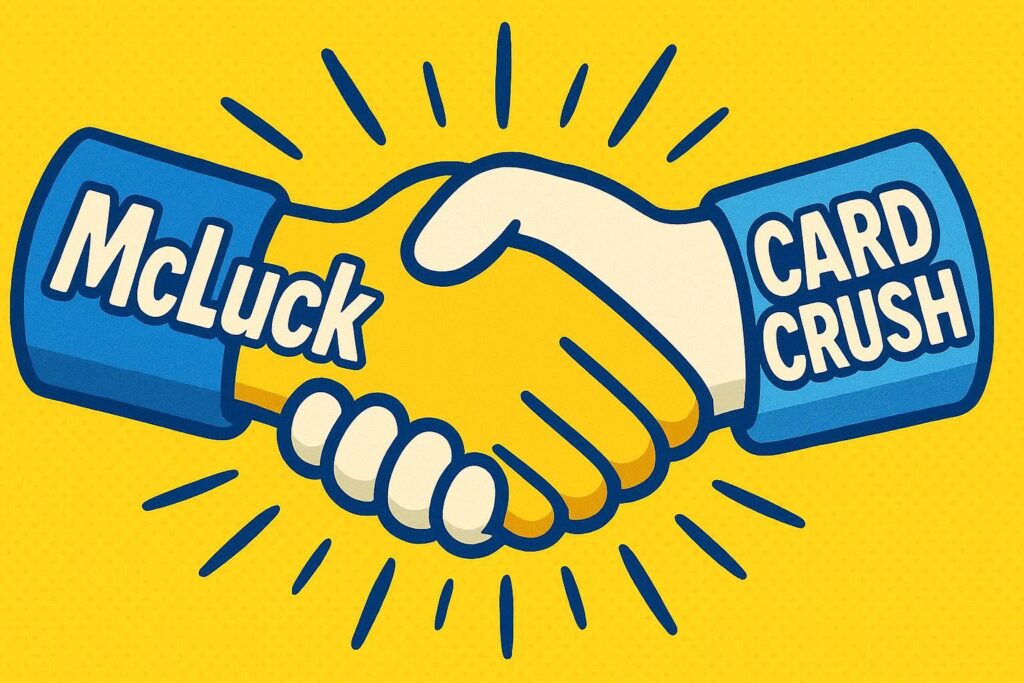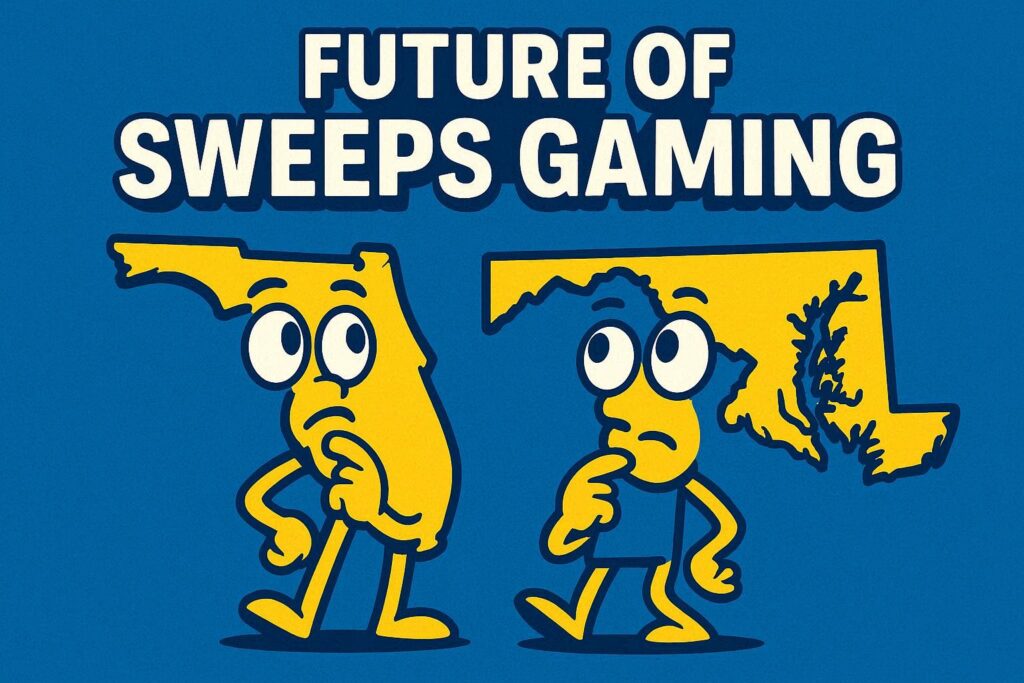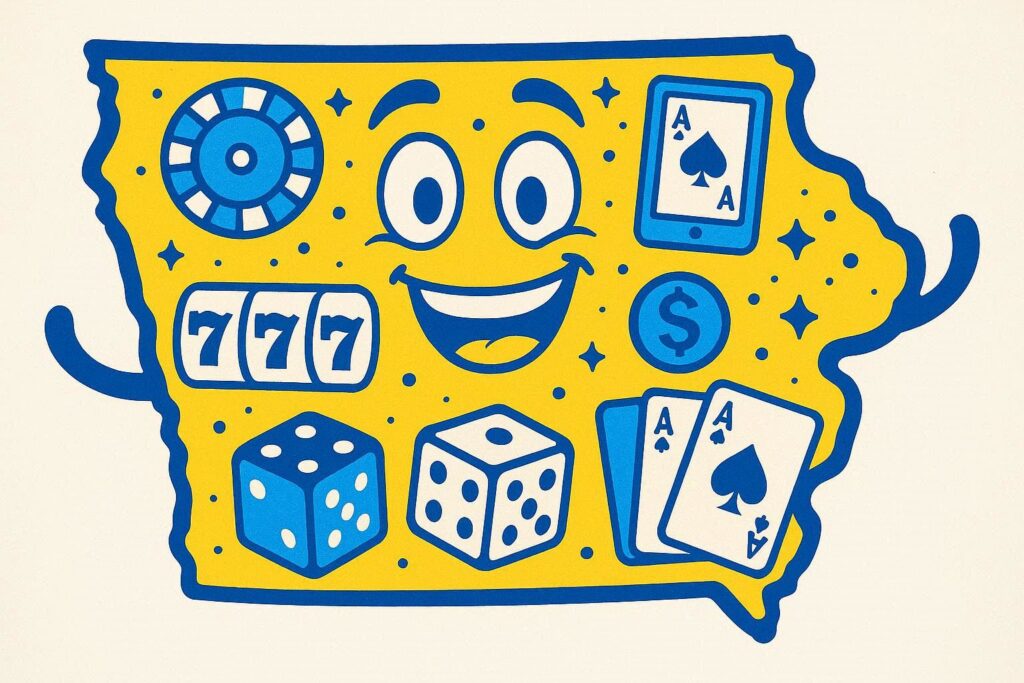A June 17 vote by the New York Assembly to approve a bill restricting sweepstakes games is meeting resistance from two trade associations for companies operating in that space. Because the bill received Senate approval earlier in the month, the new restrictions are just a signature from Gov. Kathy Hochul away from taking immediate effect.
The statements from the SPGA and SLGA condemn the tenets of the bill, calling them flawed and expressing hope that members can work with New York legislators to craft regulations to address “fundamental misunderstanding.” One of the statements also implores Hochul to veto the bill.
S 5935 gets Assembly approval
Tuesday saw S 5935 get approval from the New York Assembly and head back to the Senate. The Senate can now send the bill to Hochul’s desk.
S 5935 makes it illegal for businesses to offer casino-style games online using a dual-currency system, where either of the currencies can be exchanged for anything of value. It also levies penalties for any company providing services to enterprises engaged in that industry.
Fines for violations of the text can range up to $100,000. Additionally, gaming vendors providing services like geolocation or payment processing would risk losing their credentials to work with licensed gambling entities in New York.
Statements from the Social Gaming Leadership Alliance (SGLA) and the Social & Promotional Games Association (SPGA) point to these ramifications and more.
SGLA highlights potential unintended consequences
The SGLA’s statement points to how the bill might force non-gaming businesses in New York to alter their marketing practices.
“The Social Gaming Leadership Alliance (SGLA), a coalition of industry leaders advocating for the online social games industry, is disappointed by the passage of S. 5935-A / A. 6745-A in New York, legislation that will deprive the state’s residents of popular, free-to-play entertainment enjoyed by millions nationwide.
SGLA Executive Director and former Congressman Jeff Duncan said: ‘By advancing legislation that was drafted based on fundamental misunderstanding of our industry and aggressively promoted by stakeholders with a competitive interest in shutting down these platforms, New York residents could lose access to popular, free-to-play online games enjoyed by millions. Of particular concern, the discretionary powers handed to the Gaming Commission under this bill could restrict use of a popular marketing tool, hurting businesses and the New York economy in ways lawmakers did not intend.’
‘Legislators raised legitimate questions about how this law would be enforced, whether federal law takes priority, and potential unintended consequences for widespread promotional activities – questions that remain unanswered because the bill was rushed through too quickly. By blurring the line between lawful sweepstakes promotions and illegal gambling, this legislation threatens a vibrant digital-entertainment sector while offering players no safer alternatives.’
‘The SGLA remains committed to working with New York policymakers to develop sensible regulatory frameworks that protect consumers while preserving innovation and the freedom for residents to enjoy the same entertainment options available to Americans in other states,’ said Mr. Duncan. ‘We believe there is an opportunity to create a comprehensive regulatory framework that provides appropriate oversight, mandates robust consumer safeguards, and recognizes the legitimate use of sweepstakes promotions.’
Setting the Record Straight
Age Verification: SGLA partners already employ robust age verification using comprehensive identity and geolocation technology to prevent minor access. Therefore, claims that all social gaming platforms lack adequate age protections are misplaced.
Consumer Protections: Our operators maintain comprehensive security protocols including anti-money laundering (AML) procedures, ‘Know Your Customer’ (KYC) frameworks, responsible gameplay tools, and adherence to payment security standards required by major financial partners. Therefore, claims that all social game operators lack consumer protections ignore these clearly defined safeguards.
Well-Established Promotional Activities: Senators rightfully questioned whether well-known promotional sweepstakes like Starbucks Stars and McDonald’s Monopoly would be affected. While assurances were given, the broad language of the legislation creates uncertainty for countless businesses across a range of industry sectors that use promotional tools similar to those employed by social gaming platforms.”
The SPGA has echoed some of the SGLA’s concerns.
SPGA encourages Hochul to veto bill
The SPGA is using its voice to try to impede the passage of S 5935.
“The Social and Promotional Games Association (SPGA) strongly urges Governor Kathy Hochul to veto SB5925, a shortsighted bill that threatens to kill investment, stifle innovation, and undermine New York’s position as a national leader for tech and digital entertainment.
‘This bill doesn’t just target sweepstakes, it sends a chilling message to anyone looking to invest in the next generation of gaming innovation,’ said a spokesperson for the SPGA. ‘Nearly every form of online gaming we know today, including companies like FanDuel, a New York-based success story, began as pre-regulated concepts. This legislation criminalizes that innovation cycle.’
SB5935 singles out ‘individual investors and investment firms’ for potential criminal penalties if they invest in any form of online gaming that allows a player to exchange any type of currency for a ‘cash prize, cash award, or cash equivalents.’
Troublingly, the bill leaves the definition of what constitutes an offending game entirely at the discretion of the State Gaming Commission, an unelected body.
As one New York-based early-stage investor put it: ‘If this is how the state treats emerging models, it’s hard to imagine backing a founder who wants to innovate here.’
Louisiana Governor Jeff Landry recently vetoed similar legislation, calling it ‘a solution in search of a problem.’ We strongly urge Governor Hochul to veto the legislation and protect the very spirit of innovation that has made New York a leader in tech, gaming, and entrepreneurship.”
Whether Hochul will comply with that request should become clear in the coming weeks. In any event, the SGLA and SPGA are displeased with the legislature’s actions to this point.







